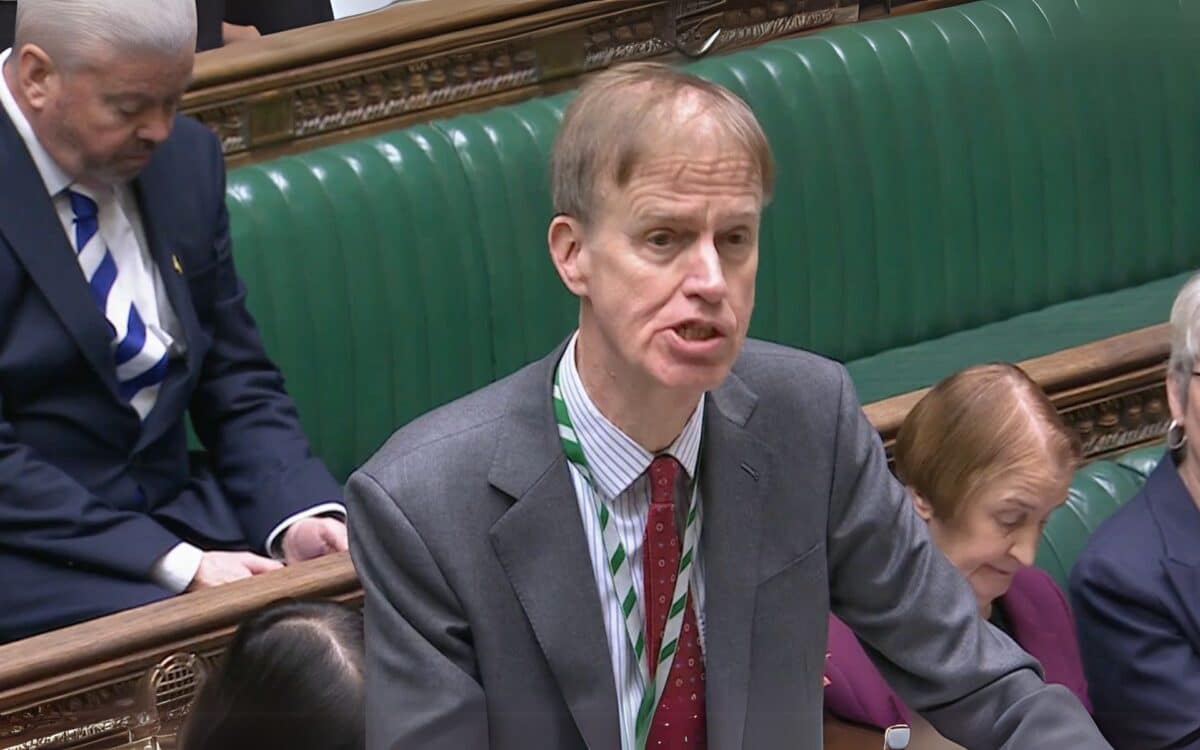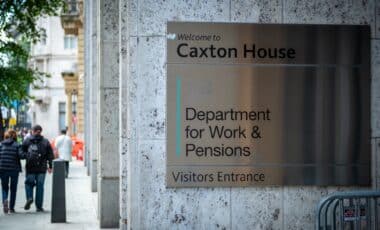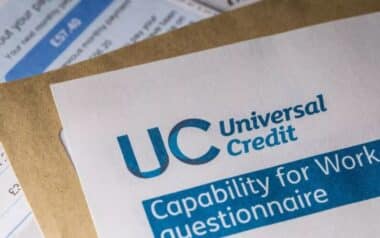The UK government’s Department for Work and Pensions (DWP) has outlined upcoming changes to the Personal Independence Payment (PIP), set to take effect in November 2026.
According to the latest updates, these reforms are aimed at adjusting eligibility criteria and providing targeted support to those most in need. While the government insists on a managed implementation, concerns from various political figures continue to emerge.
In a recent briefing, Lancs Live highlighted the ongoing debate about the potential impact on vulnerable groups, including disabled individuals and carers, as the policy draws closer to implementation.
A Staged and Careful Transition
Work and Pensions Minister Sir Stephen Timms emphasised that the reforms to PIP are not being rushed. He stated that the changes will be implemented over a period of 18 months and will not impact current recipients until their first award review after November 2026.
According to Timms, the government’s approach will be “managed and compassionate,” designed to ensure those most in need receive the appropriate support. He further clarified that PIP reviews typically occur every three years, meaning the changes will not affect recipients immediately.
Timms also pointed out that the cost of PIP has increased by £2 billion above inflation over the last five years, a trend he described as “simply not sustainable.”
Concerns Raised by Mps
Despite reassurances, there has been significant pushback from some MPs. Labour MP Rachael Maskell voiced concerns that the changes would push many disabled people, particularly children, into further poverty.
She noted that around 400,000 disabled individuals could face financial hardship due to the cuts, with 50,000 of them being children. She warned that 150,000 carers would also lose their Carer’s Allowance, which could cause significant financial distress, as there is no adequate social care system to replace this support.
Maskell urged the government to reconsider the policy, but Timms rejected the call to withdraw the reforms, stating :
We won’t be withdrawing. We’ll certainly be reflecting, and we’ll be consulting properly on the content of the green paper.
Impact on Carers and Families
The changes also bring implications for carers, with an estimated 150,000 carers potentially losing their benefits. This loss would not only affect Carer’s Allowance but also other entitlements, placing a heavy financial burden on families.
Carers UK expressed deep concern about the potential strain these changes will place on unpaid carers and their families. Tamara Sandoul from the charity stated,
Many have contacted us to say they are shocked, worried and scared about what might happen if they or the person they care for no longer scores enough points in the right areas. Losing PIP means losing Carer’s Allowance and other entitlements. Families will effectively lose two main strands of financial income at once.
Government’s Stance on Poverty Reduction
In response to the criticisms, Sir Stephen Timms emphasized that the government’s broader welfare strategy includes significant investments in employment support. The government is committing up to £1 billion annually to help individuals secure work, which they believe will alleviate some of the negative consequences of the PIP changes.
Timms argued that the overall impact of the welfare changes would be positive for reducing poverty, particularly when combined with the government’s other commitments to improve employment opportunities. He said,
The figures published by the Office of Budget Responsibility showed that the benefit changes would take 250,000 people—including 200,000 adults—below the poverty line, but that is before any consideration of the impact of the big commitment we are making to employment support, up to a billion pounds a year by the end of the parliament.









